NPPC Says Trade Barriers Need To Fall
WASHINGTON, D.C., July 26, 2012 – Pork producers and the U.S. economy are losing billions of dollars in exports because of non-science-based food-safety and health barriers erected by foreign countries, the National Pork Producers Council today told a House subcommittee.
Testifying on behalf of NPPC, Jim Boyer, a hog farmer from Ringsted, Iowa, told the Small Business Committee’s agriculture, energy and trade panel that so-called sanitary and phytosanitary (SPS) measures are restricting market access for U.S. pork and are adversely affecting U.S. pork producers, particularly small ones like him.
Those trade-restricting barriers must fall, said Boyer in discussing SPS issues NPPC wants addressed in any trade agreements the United States negotiates, including:
- Trans-Pacific Partnership: While the U.S. pork industry supports the TPP – an 11-nation regional trade pact – countries that are part of the agreement must eliminate their SPS barriers. The deal also should include an SPS chapter with a meaningful dispute-settlement provision.
- Russia: The country, which soon will join the World Trade Organization, has a number of SPS measures that restrict U.S. pork imports, including a zero-tolerance standard for pathogens on meat, a standard no country can meet. Russia should abide by the WTO’s Agreement on the Application of Sanitary and Phytosanitary Measures.
- European Union: Although it should be one of the largest export markets for U.S. pork, the EU is one of the smallest because of its SPS barriers. Any U.S.-EU trade agreement must address such non-science-based trade restrictions.
- Taiwan: The Asian nation unfairly restricts U.S. pork exports from hogs fed ractopamine, a feed additive approved by the U.S. Food and Drug Administration, 25 other countries and the U.N.’s food-safety standards-setting body. Taiwan’s entry into the TPP negotiations should hinge on it eliminating that SPS barrier.
“We are convinced that if we sit by passively while SPS measures are erected and maintained, we will see our exports rapidly erode,” Boyer testified. “Pork producers understand that the future of our industry depends on adopting new and safe technologies and in expanding exports. We must protect our current market access from unfair barriers or such expansion will be impossible.”
